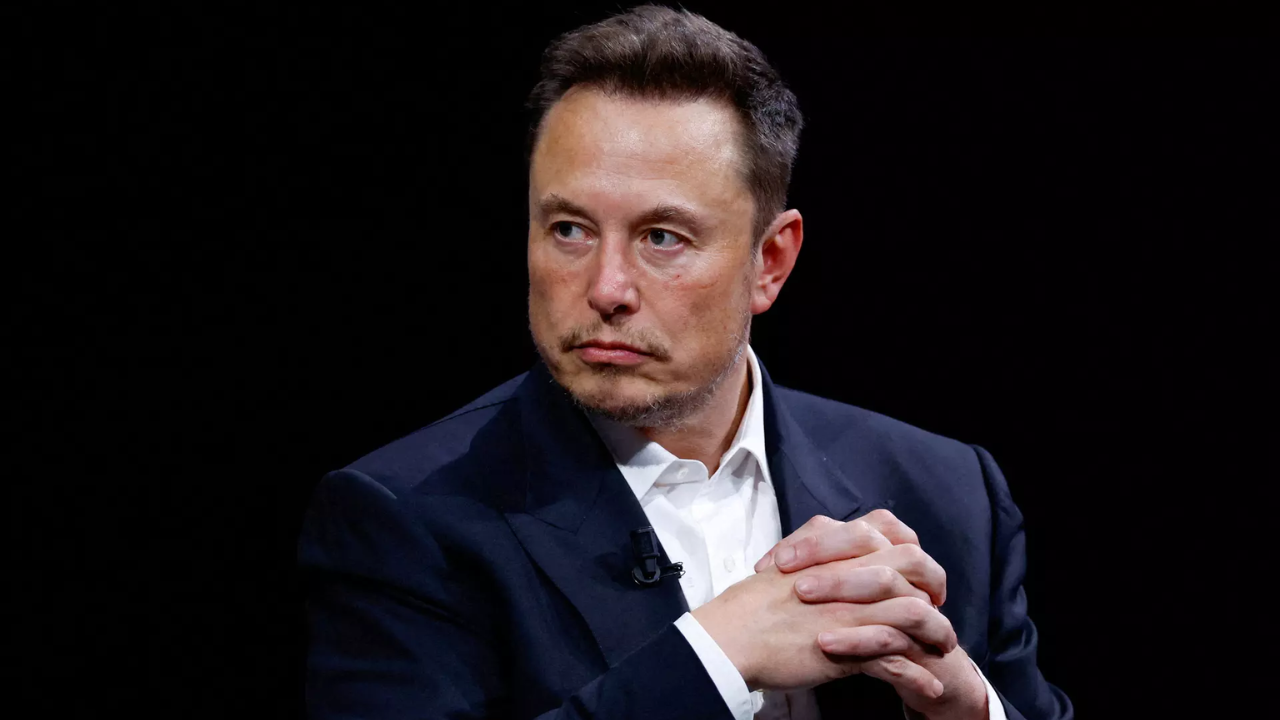[ad_1]
Tesla CEO Elon Musk on Wednesday said that his company, Neuralink, is “moving on” to its second test patient as the technology connecting brains and computers advances. During a live stream on X, Musk and the Neuralink team addressed questions about the company’s progress in making brain implants widely available.”We’re only just moving now to our second Neuralink patient,” Musk said.”But we hope to have, if things go well, high single digits this year,” he added. In January, Neuralink successfully implanted a brain device in Noland Arbaugh, who was paralysed from the shoulders down after a diving accident eight years ago. Since the implantation, Arbaugh has reported playing chess, the video game “Civilisation,” and taking Japanese and French lessons by controlling a computer screen cursor with his brain.The Neuralink team identified and resolved an issue that significantly reduced Arbaugh’s ability to control a computer cursor with his mind. The problem was caused by the threads connecting the implant to Arbaugh’s brain retracting, reducing their effectiveness in detecting signals. To maximise effectiveness, the threads will be implanted deeper and at varying depths in the brain, with increased precision. Musk asserted “it’s only going to get better from here.”The company is now implementing risk mitigation strategies, such as skull sculpting and maintaining normal blood carbon dioxide levels in patients, as explained by Neuralink executives during the live stream on X. “In upcoming implants, our plan is to sculpt the surface of the skull very intentionally to minimize the gap under the implant… that will put it closer to the brain and eliminate some of the tension on the threads,” Matthew MacDougall, Neuralink’s head of neurosurgery, said.Musk envisions Neuralink implants going beyond restoring functionality, such as giving people infrared or ultraviolet vision or enabling telepathic concept sharing.”We want to give people superpowers,” Musk said. “Not just that we’re restoring your prior functionality, but that you actually have functionality far greater than a normal human,” he added.He also discussed developing an automated process for Neuralink’s surgery robot to quickly install custom implants in people seeking “upgrades,” comparing it to the games “Cyberpunk” and “Deus Ex.””An exciting possibility long term also is to take parts of the Optimus humanoid robot and combine that with a Neuralink – you could have basically cybernetic superpowers,” he said.Musk cofounded Neuralink in 2016 with the goal of enhancing human capabilities, treating neurological disorders, and potentially achieving a symbiotic relationship between humans and AI. While Musk is not the only one working on advances in brain-machine or brain-computer interface research, his company’s progress continues to generate significant interest and discussion.
[ad_2]
Source link





















